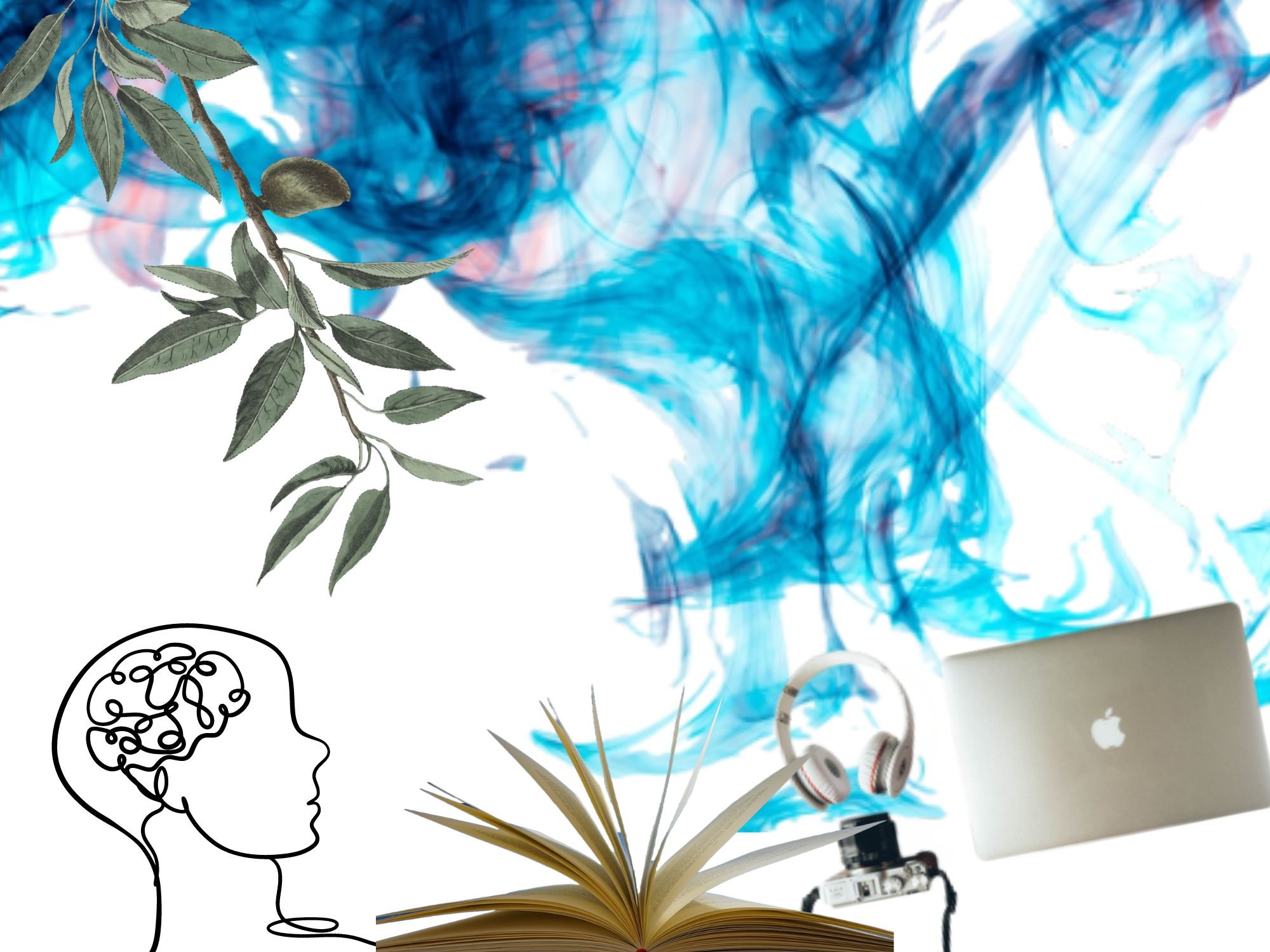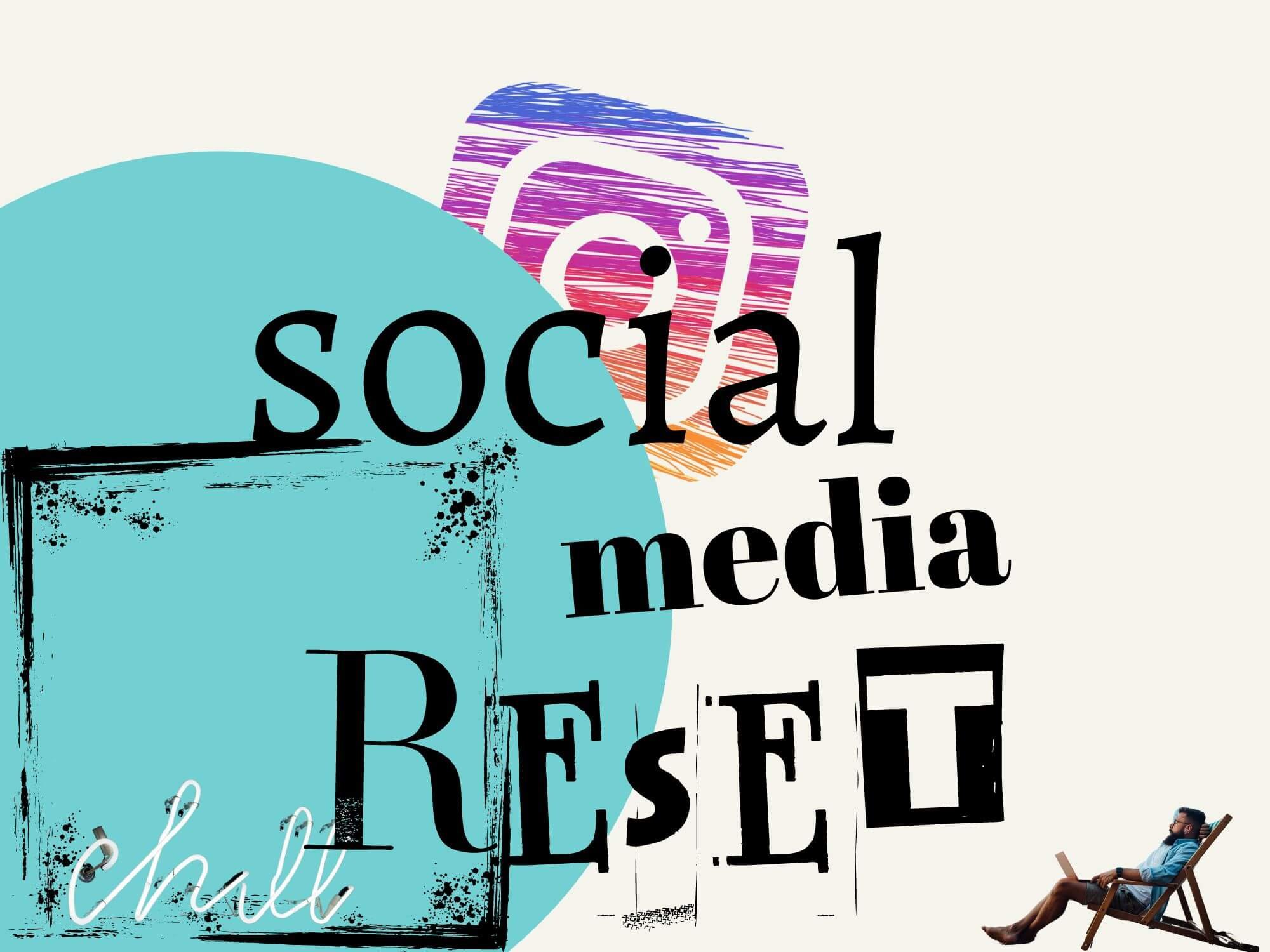10 Creative Skills to Learn In 2024 (become unstoppable)
We’re living in a creator economy. So having the right skills to stand out is essential. Welcome to my take on the top creative skills to learn this decade.
These are things that I’m personally working on (or using already) and I often see them pop up in podcasts and content from industry leaders.
So whether you’re a fellow creative with an entrepreneurial focus or just looking to get ahead in your career, this post should help guide you in the right direction.
But let’s wrap up the chit chat – let’s get to it.
Table of Contents Show
Hey there, just a heads up that some of the links in this post may be affiliate links. That means I earn a small commission. This is at no extra cost to you, but helps me keep the lights on. Thank you for your support!
What Are Creative Skills?
Creativity is both a hard and a soft skill – it’s something that can be learned and strengthened.
And part of becoming more creative is learning the right skills.
Creative skills are abilities, knowledge or expertise that allow you to approach and solve problems or projects in expressive, artistic or different ways.
I like to split up creative skills into two main categories:
Creative hard skills (the technical, know-how skills)
Creative soft skills (like mindset or learning how to ignore the haters)
Most of the skills in this list are technical and tangible.
But I did include one core creative soft skill as the last item on this list.
It’s something that’s had a monumental impact on my own creative growth, successes and experience.
So let’s jump in and explore my list of the top creative skills to know.
10 Creative Skills to Learn This Year (in no particular order)
This is my list of the top creative things to learn online (or in person).
All of these skills can be acquired for little to no cost (leveraging online courses, YouTube and other free education resources).
So please enjoy, and good luck in your creative journey.
1. Creating Custom AI Agents
AI is becoming increasingly commonplace for people and businesses to be using in their systems.
According to a report by Microsoft, over 80% of global leaders will need employees with AI skills. So learning how to use this technology is a smart move.
And one area that I’m super excited about (and upskilling myself in) is creating custom AI agents.
An AI agent is a custom chatbot you create using specific data, instructions and parameters. If that sounds super technical, don’t worry — it’s not anymore.
Tools like Central by Zapier and OpenAI’s GPTs make it super easy to get started. It’s an in-demand creative skill worth learning. You can even sell these solutions to business if you get good at it!
Luckily, you don’t need fancy coding skills or technical mastery to create your own AI bots. You just need some creativity (and potentially a Plus subscription on platforms like ChatGPT).
Besides creating AI agents, there are plenty more creative AI skills worth honing. So here are a few more examples:
Prompt engineering (this skills is foundational)
AI automations and integrations (integrating AI into systems and platforms)
AI enhanced writing and brainstorming
AI for video creation and editing
AI in social media and content strategy automation
AI art (quality depends a lot on prompt skills and creativity)
If you’re looking to get all the latest in AI, I subscribe to The Rundown newsletter.
It’s free and they conveniently condense all the latest news, trends and tools to know.
2. Creative Authenticity + Intuition
Authentic creativity is the easiest hard thing you’ll do.
We’re swimming in a sea of mass content production. Amazing art from amazing creators doing is everywhere. We’re influenced by algorithms, trends, comparison and external goals (like money or follower growth).
So, authentic creativity (i.e., adding your true unique spin on things) often gets lost in the mix.
The ability to ignore the pressure to create a certain way is a modern creative soft skill. It requires self awareness, intention and creative confidence.
So here are some tips to boost your authenticity:
Do intuition exercises (such as body scanning or meditation)
Stop chasing metrics or “results”
Stop comparing (do regular social media detoxes)
Don’t create for money (money is great, but don’t make it a North Star)
Be patient and don’t rush ideas
Manage your creative expectations
Stay process-oriented
3. Video
Video is king.
From filmmaking and short-form clips to vlogging and talking to a camera, knowing how to craft engaging, high-quality videos is an awesome creative skill to know.
And there’s a lot of demand for. 91% of businesses use video for marketing and over 70% of consumers prefer short-form video content.
So if you’re looking to hone a creative skill or two, you may want to put video creation at the top of that list.
But stay patient, because creating solid videos with storytelling elements, memorable hooks and shareworthy ideas takes practice.
Still, you don’t need to be an expert with a camera or a pro at complex software.
We have powerful editing tools like CapCut and smartphones that mimic pro equipment. Turning your ideas into engaging content is just a few steps away.
While studying the basics (like composition, frame rates and transitions) helps, output and quantity (quality comes later) is perhaps more important.
With the growing demand and popularity for video-based content and platforms, knowing how to create and edit a high-quality video is invaluable.
This is another area that will be using a lot of AI (Sora, for example, looks incredible).
4. Using Creative Software
Knowing your way around software is a high-value skill.
And understanding even just one platform (whether it's a video editing platform, Photoshop or some other tool) will give you a ton of transferable skills.
A lot of the features, navigation and language resemble each other, which greatly reduces the friction when moving from one tool to the next.
Here are a few creative softwares that I’m using right now (which offer a lot of skill overlap):
Adobe Premiere Pro (for video editing)
Logic Pro X (for music production)
Photoshop (for image editing)
These are all more professional platforms.
But there are simpler, more stripped down versions (which can be helpful if you’re just starting out and prefer stepping stones).
For example, these are simpler tools for beginners:
CapCut or InShot (for video)
GarageBand or BandLab (for music)
Canva or Adobe Express (for design and images)
5. Design + Website UX
Understanding the basics of design, website building and UX are clutch skills to have in this modern world.
Actually, design is a skill that applies to a lot of the other skills on this list (i.e., making quality social media posts, photography or building a personal brand).
But design is especially important in knowing how to build out a beautiful website with great UX (user experience).
Luckily, you don’t need to know any coding or advanced backend programming to create a great looking website.
All you need is a website building platform, a creative vision and some intentional design skills.
6. Writing
Writing is a skill that’s part of nearly every marketing, branding and social media strategy.
It’s also the backbone of using AI (via prompts). Being able to capture emotions, tell a story and captivate a distracted audience is modern magic. But anyone can learn how.
Here are some ways to practice creative writing skills:
Start a blog
Script YouTube videos
Learn prompt engineering
Write landing page offers and sales pitches
Social copywriting (writing on X, IG, etc.)
Newsletter writing
Sending DMs or emails
Communicating creative ideas (how to say more with less)
Recommended: Reasons You Should Start Writing
7. Social Media
Knowing how to manage and grow a social media account is one of the most sought-after creative skills these days.
It’s the cat’s pajamas.
Whether it’s YouTube, TikTok, Instagram or Pinterest, growing an audience on social media is a high-leverage skill.
Here are some of the creative responsibilities involved in social media:
Copywriting
Captioning
Creating share-worthy graphics, images and photos
Creating engaging and attention-grabbing short-form videos
Profile layout design
Post topics and ideation
Recommended: Vlog vs. Blog vs. Social Media (how to choose)
8. Digital Marketing
Growing up, when I heard the word marketing or business, I always pictured suits, ties and financial markets.
And while that may be true to some extent, the trend of the modern entrepreneur has redefined things for me.
We are in the creator economy. We are creative entrepreneurs – and digital marketing is more of a creative, tech-savvy pursuit than ever before.
Digital marketing uses technology and the internet to communicate with customers, promote products and services or build brand awareness. Some examples of digital marketing include:
SEO (search engine optimization)
Content marketing
Social media marketing
Email marketing
Affiliate marketing
Mobile marketing
Of course, some facets, stages and types of digital marketing are more creative than others.
But great marketers are often adept at a variety of the skills on this list (from copywriting and campaign ideation to video or image editing).
9. Storytelling
The ability to hook a reader and keep their attention with emotionally compelling content is a high-quality skill.
And short-form content trends require this be done at hyper speed.
This is a skill in understanding who your audience is, what their problems or pain points are and how you can provide them with the solution.
It’s the art of making the viewer (or reader) feel inspired and motivated. It’s storytelling, which is relevant for anyone interested in building a personal brand online (which I recommend).
It’s a creative process and requires some self reflection, testing and patience. Writing was a great starting point for me (for example, blogging, journaling or video scripting).
Getting good at capturing an audience’s attention with emotionally relevant content and context is a desirable, highly in-demand creative skill of the future.
10. Creative Thinking
All of these skills so far have led us up to this exact moment.
Because there is really one core skill that every other creative skill hinges upon.
This is the skill of creative thinking.
Creative thinking is a soft skill. It’s the ability to approach problems and projects with an artistic mindset. It’s the confidence to express yourself creatively.
Trying new things, testing, tinkering and having a playful mindset is essential. There are tons of new tools and trends coming out — and this can get pretty overwhelming.
But approaching things from the perspective of “let’s just have fun and make stuff — no judgment here” is incredibly powerful.
Cultivating a creative mindset is a skill that you can apply to literally anything.
It’s relevant for problem solving, reframing tasks at work and becoming more competitive in your field.
So if you’re not sure where to start on the technical skill side of things, I’d recommend starting with mindset, outside-the-box-thinking practice and simply becoming more aware.
When a problem comes up, approach it with a creative curiosity and try to just have fun.
Because it’s the skill that will ultimately take you to wherever it is you want to go.
Want More? Okay. Here’s More.





